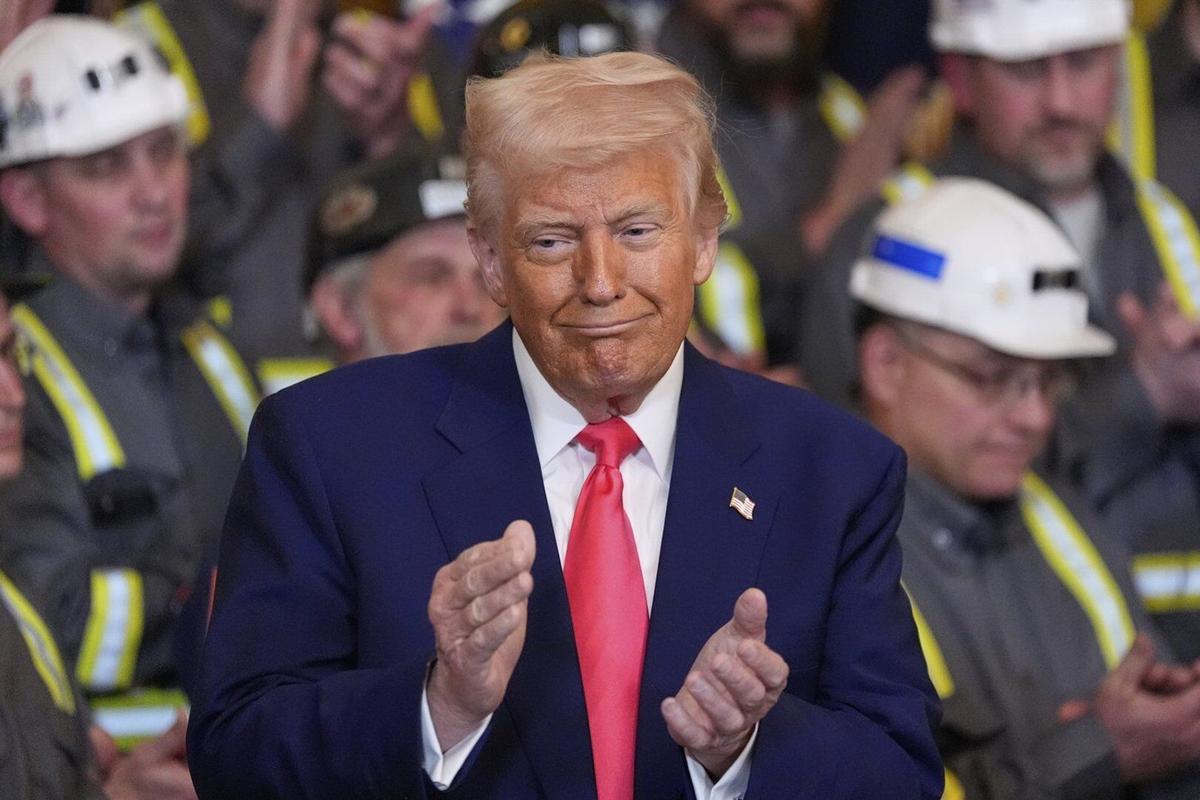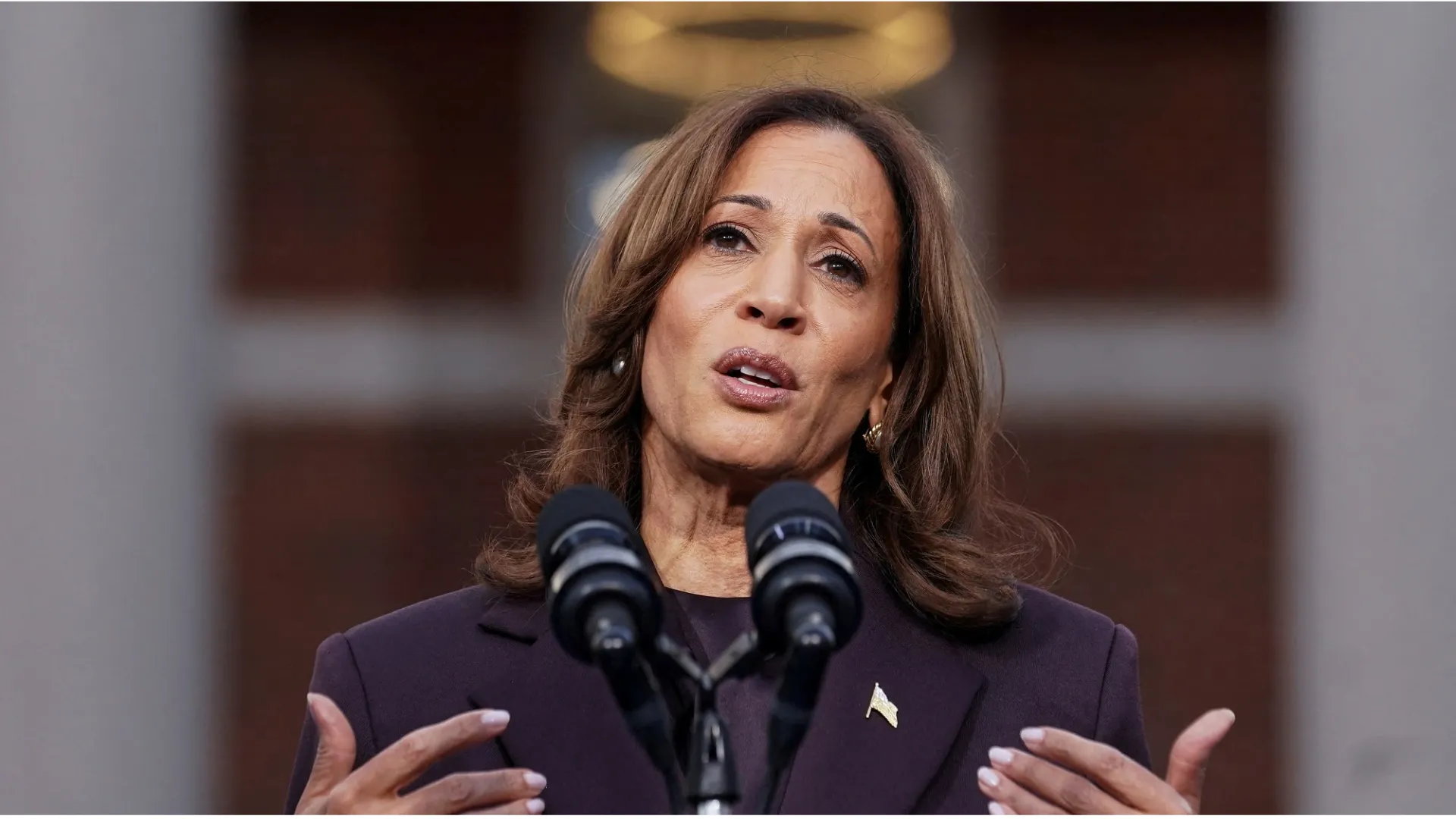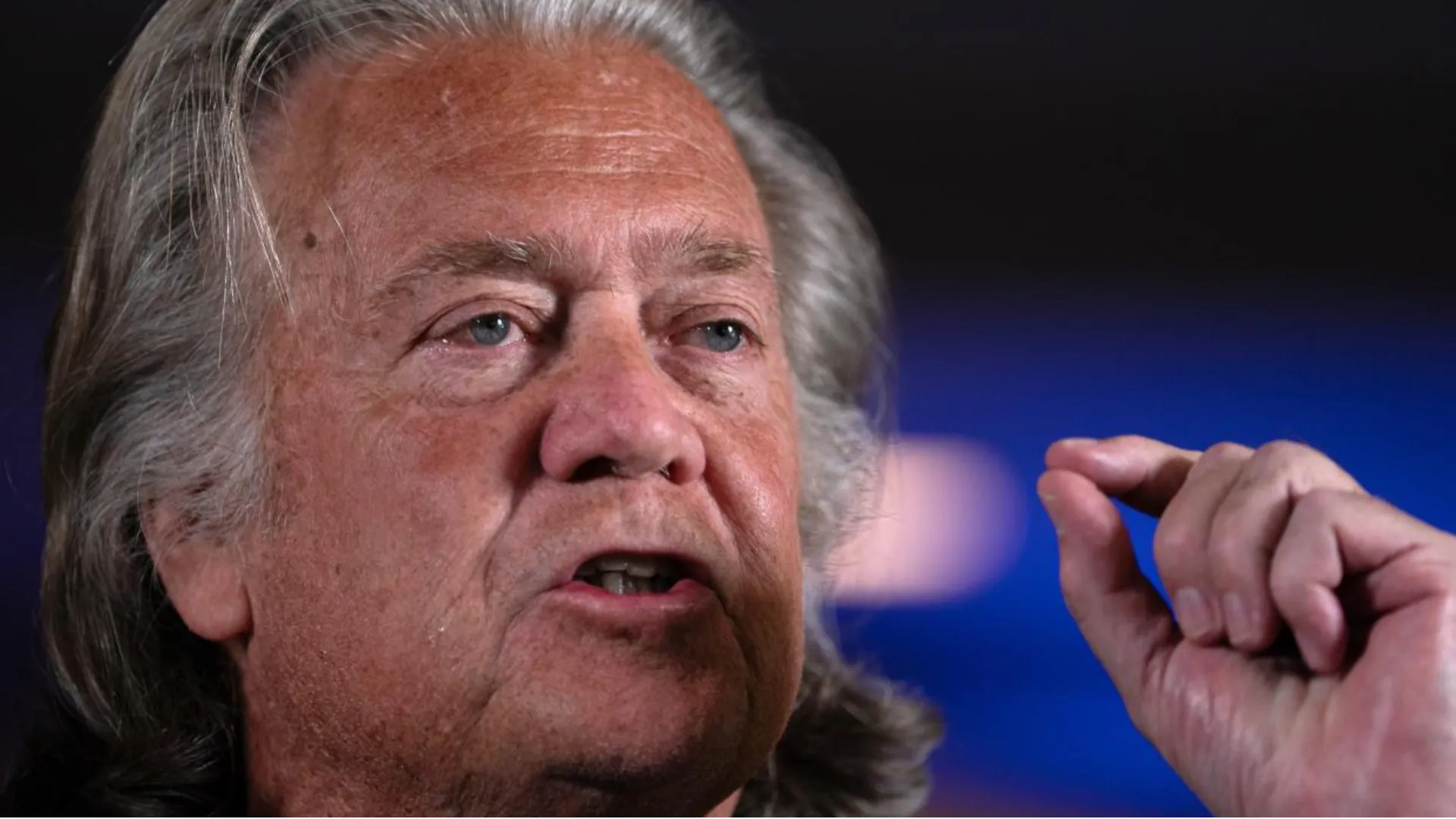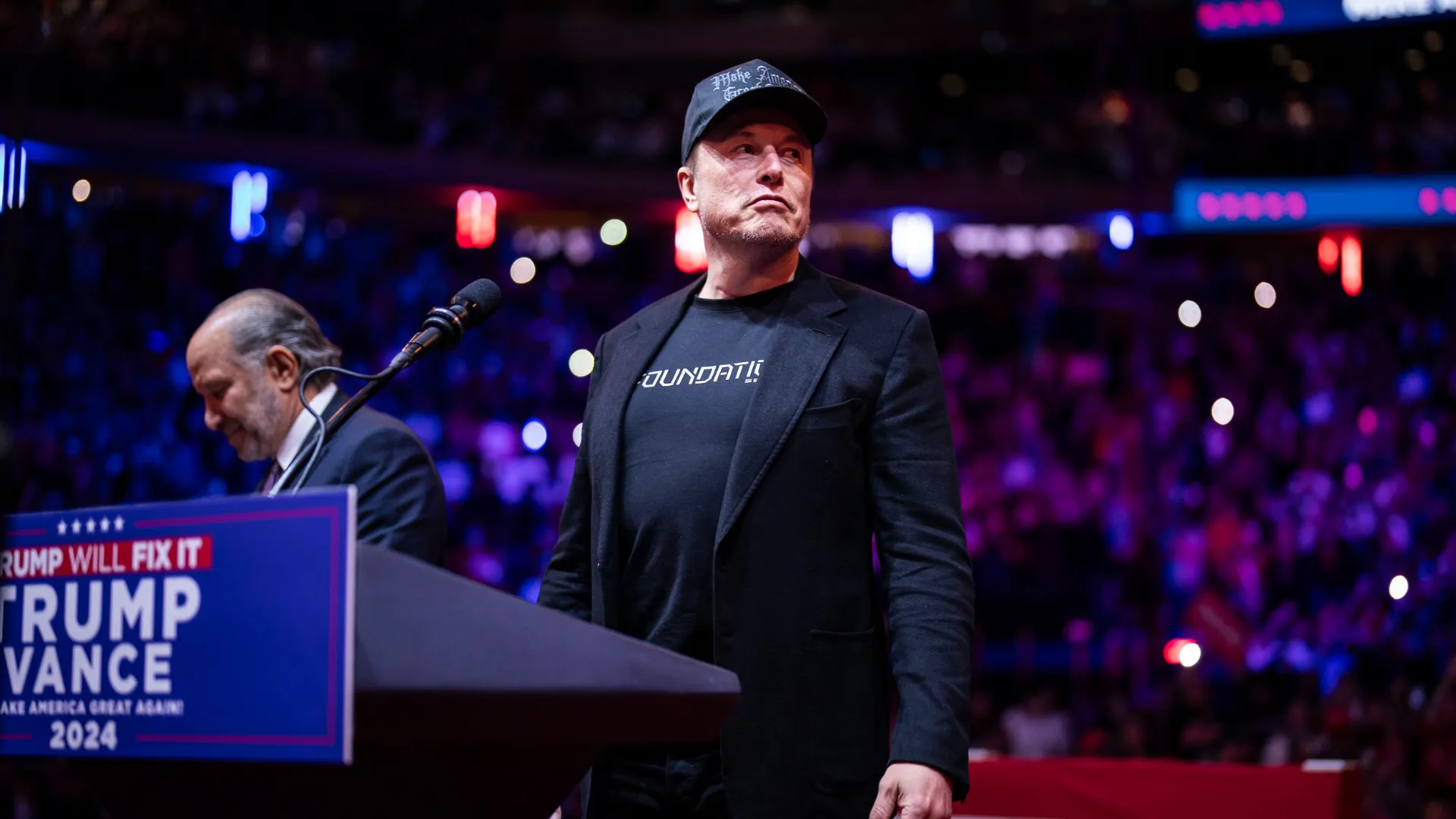
On a brisk Monday morning, Harvard University found itself at the center of a constitutional firestorm. For weeks, the school had resisted quietly, its administrators navigating a standoff with the Trump administration over a series of unprecedented federal demands.
But as the morning sun broke over Harvard Yard, the university made its position clear: it would not comply.
What followed was swift retaliation. The White House announced the freezing of $2.2 billion in multi-year federal grants and contracts earmarked for the university.
The reason, according to administration officials, was Harvard’s “refusal to align with the administration’s standards for academic neutrality, national security cooperation, and anti-discrimination enforcement.”
But what exactly were those standards? And why has this conflict become a national flashpoint?
The Trump administration’s demands — framed by officials as part of a broader push to combat campus antisemitism and restore “ideological balance” — included:
- The dismantling of diversity, equity, and inclusion (DEI) programs;
- A ban on campus mask-wearing, aimed at curbing anonymous protest activity;
- Pledges of “full cooperation” with Homeland Security investigators;
- Revocation of recognition for pro-Palestinian student organizations;
- Expulsion of students involved in pro-Palestine protest altercations;
- A review of academic syllabi and hiring policies to ensure “ideological diversity.”
Harvard President Alan Garber didn’t mince words in his response: “No government—regardless of which party is in power—should dictate what private universities can teach, whom they can admit and hire, and which areas of study and inquiry they can pursue.”
That principled stand, published as an open letter on Harvard’s website, has since transformed the university into a symbol of resistance — and sparked a national debate over the future of higher education, academic freedom, and the limits of executive authority.
Into this storm stepped former President Barack Obama, who for months had remained largely silent on Trump’s second term. But in a rare and forceful rebuke, Obama issued a statement calling Trump’s actions “unlawful and ham-handed,” applauding Harvard for setting “an example for other higher-ed institutions.”
“Harvard has rejected an attempt to stifle academic freedom, while taking concrete steps to ensure all students can benefit from an environment of intellectual inquiry, rigorous debate, and mutual respect,” Obama wrote in a post on X, formerly Twitter. “Let’s hope other institutions follow suit.”
Obama’s decision to speak out reflects both the seriousness of the moment and the personal stakes involved. A Harvard Law graduate himself, Obama has long championed the role of universities as crucibles of democratic values and innovation.
More striking, however, was the former president’s thinly veiled warning to the public.
“Imagine if I had done any of this,” he said at a recent appearance in Wisconsin. “Imagine the outrage. Imagine the hearings. It’s unimaginable that the same parties that are silent now would have tolerated behavior like this from me — or from a whole bunch of my predecessors.”
Harvard is not alone. In recent months, the Trump administration has targeted a number of elite universities, using federal funding as leverage to force compliance with new political mandates.
Columbia University, after a tense month-long standoff, ultimately capitulated to several White House demands in order to preserve $400 million in threatened federal funds.
Those concessions included new restrictions on protests, a revamp of the university’s security policies, and a controversial pledge to "cooperate fully" with Homeland Security.
Now, observers fear that Harvard’s resistance could trigger even harsher retaliation — not just against Harvard, but against higher education institutions across the board.
“This isn’t about antisemitism,” said Dr. Helena Vargas, an education policy analyst at the Brookings Institution. “This is about controlling what can be taught, who can teach it, and which students are allowed to participate. This is ideological warfare disguised as regulatory reform.”

Driving much of the administration’s agenda is Rep. Elise Stefanik (R-N.Y.), who has emerged as one of Trump’s most aggressive allies in the war on higher education. In an interview with Fox News this week, Stefanik urged the president to “defund colleges across the board” if they fail to comply with federal directives.
“We are dealing with radical indoctrination, antisemitism, and chaos,” Stefanik said. “If these schools want taxpayer money, they must follow federal standards.”
But critics argue that Stefanik’s rhetoric — and the administration’s actions — are dangerously authoritarian.
“This is a political loyalty test,” said Harvard government professor Jonathan Michaels. “Do what the administration wants, or lose your funding. That’s not law enforcement. That’s coercion.”
Michaels is among a growing group of Harvard faculty who have publicly denounced the administration’s actions, joining a broader coalition of professors across the Ivy League who are calling for a legal challenge to the funding freeze.
That challenge may soon be underway. According to sources within the American Civil Liberties Union (ACLU), Harvard is exploring litigation that would argue the administration’s actions violate the First Amendment, as well as established precedent on federal funding conditions.
“The Supreme Court has long held that the government cannot use funding to compel speech or control academic content,” said Michelle Truong, a constitutional law expert and senior counsel at the ACLU. “What we’re seeing here is a naked attempt to do exactly that.”
In addition to First Amendment concerns, civil rights groups have raised alarms over the administration’s apparent targeting of pro-Palestinian student groups — which, under federal law, may be protected by freedom of association and expression statutes.
“This is not just about one university,” Truong said. “This is about whether the federal government can dictate who is allowed to protest, what academic disciplines are acceptable, and which political views can be tolerated in a classroom.”
Back on campus, students have responded with a mix of anxiety and resolve. Graduate student unions and undergraduate student councils have released joint statements in support of the administration’s defiance, while organizing teach-ins, protests, and letter-writing campaigns.
“I’m terrified of what this could mean for my department,” said Sarah Omondi, a PhD candidate in Middle Eastern Studies. “We’ve already had professors put on notice by right-wing watchdog groups. Now we could lose entire programs.”
Others, like undergraduate activist Miguel Alvarez, say they feel vindicated by Harvard’s stance.
“This is what leadership looks like,” Alvarez said. “We’re standing up not just for ourselves, but for every campus that’s afraid to speak.”
With billions in federal funding now on the line — and more universities likely to face similar ultimatums — education experts say the coming months could define the future of academic independence in the United States.
“This is an inflection point,” said Dr. Vargas. “If Harvard is forced to back down, it sends a message that no institution is safe. If it wins, it could draw a line in the sand that the administration cannot cross.”
For now, Harvard is holding its ground — with powerful allies like Barack Obama stepping in to bolster its resolve. But the road ahead is uncertain.

“We are not going to surrender our mission,” President Garber wrote in his public statement. “We are not going to compromise our values. And we are not going to let fear shape our classrooms.”
Whether the courts — or the public — will back him remains to be seen.





